There have been signs of new interest in PB in London. It offers a parallel democratic process to elections and is open to immigrants without the right to vote. Resistance to PB comes from misunderstanding what it can achieve, and from restrictions on local council spending. People can change their reality.
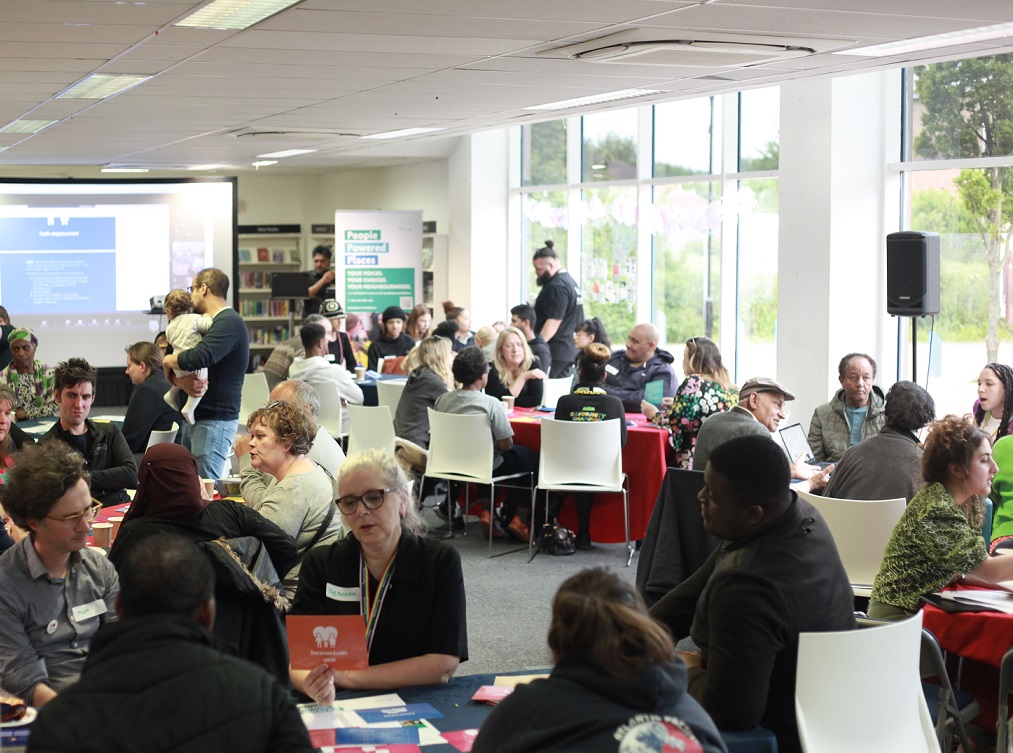 Graham Douglas
Graham Douglas
In Part 1 The Prisma introduced Participatory Budgeting (PB) as one practical means of doing what Johnson’s fantasy campaign to leave the European Union (EU) proclaimed – “Take back control”.
Instead of vacuous and self-interested statements from the Westminster bubble, campaigners for PB can point to real achievements from a system that is widely in use in EU countries, and which originated in Latin America.
Jez Hall currently directs PB partners, a project of Shared Future CIC, and also manages the PB Network website.
There is a lot of disappointment with Labour’s lack of interest in going beyond fine words about local empowerment.
I spoke again to Jez Hall and asked him to give The Prisma an update, and to look forward now that Covid has passed. He was joined by Samuel Augustine, who has started working with Shared Future CIC to help develop their PB work after a quiet period marked especially by Covid.
Jez recognizes a cautious attitude from the Labour Party, and I have not been able to find a single mention of PB in their recent speeches.
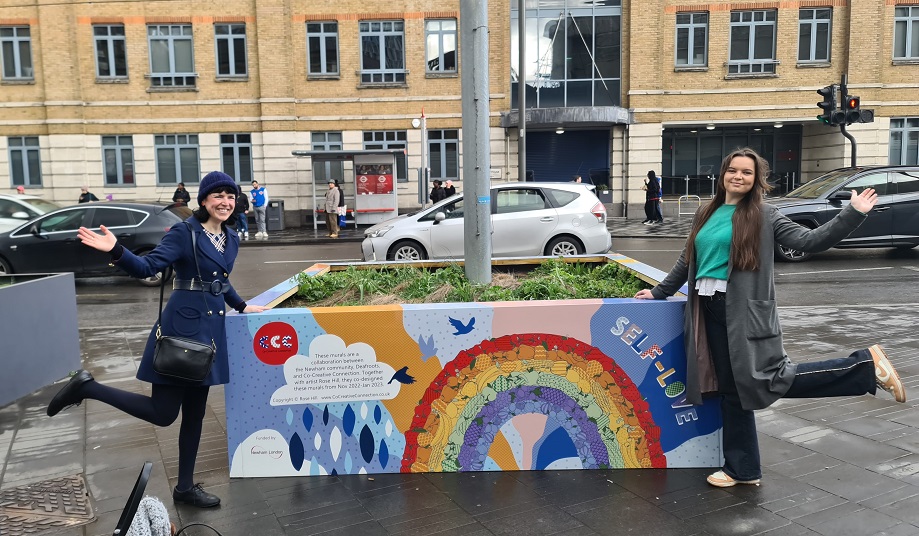 Is there a resurgence in PB interest and why now?
Is there a resurgence in PB interest and why now?
We’ve noticed an uptick in enquiries, often from local authority officers and we want to rebuild our offer, so we have hired Samuel to help us respond to these queries. Generally, council officers have been asked to find ways to engage residents in a wider community strategy. Bristol, for example, has made a lot of progress in these sort of community debates. And of course, if it doesn’t work then it’s easy to say: “Oh well, we tried, so it isn’t our fault”! The crisis in Westminster, with things like ‘Party-gate’ and Boris Johnson’s honours list, means politics is viewed as remote and out of touch with ordinary people. That has led local councils to want to improve their connections with residents, especially on the Left so there are Newham, Brent and Bristol, and with an election coming they are worrying.
Does it need a large Council like Manchester to encourage the others?
It would help and we’ve had conversations with the mayor, without huge success so far. Britain is the most centralized democracy in Europe, so it needs 2 levels of decentralisation in the big Councils.
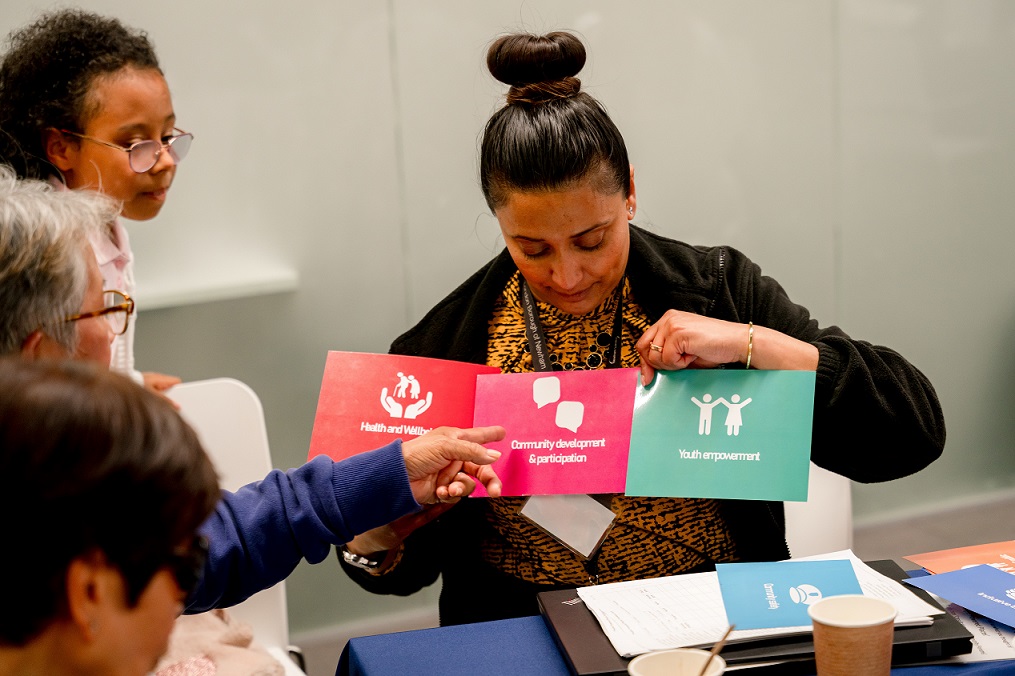 But it’s still difficult to translate a political interest through the machinery of local government, and Labour under Starmer is being very cautious about what it proposes.
But it’s still difficult to translate a political interest through the machinery of local government, and Labour under Starmer is being very cautious about what it proposes.
Part of this is also the misunderstanding that exists about PB only involving small projects, not the core activities of local government – they haven’t caught up with what is happening in Scotland, or Europe, where that narrative is really powerful.
Both main parties say how keen they are to involve people in decision-making and yet Levelling Up hasn’t gone anywhere and Starmer didn’t even mention PB in a couple of recent speeches. Is there a need for a national political narrative in order for Councils to be able to do their job on this?
Absolutely, having political champions is really important, although it takes a lot of work to reassure them. But I am hopeful that with the knowledge base that we already have, and because there are really good examples that could be built on, it’s a matter of getting the debate out there. At present not many people are driving it, so any positive stories about PB are very welcome.
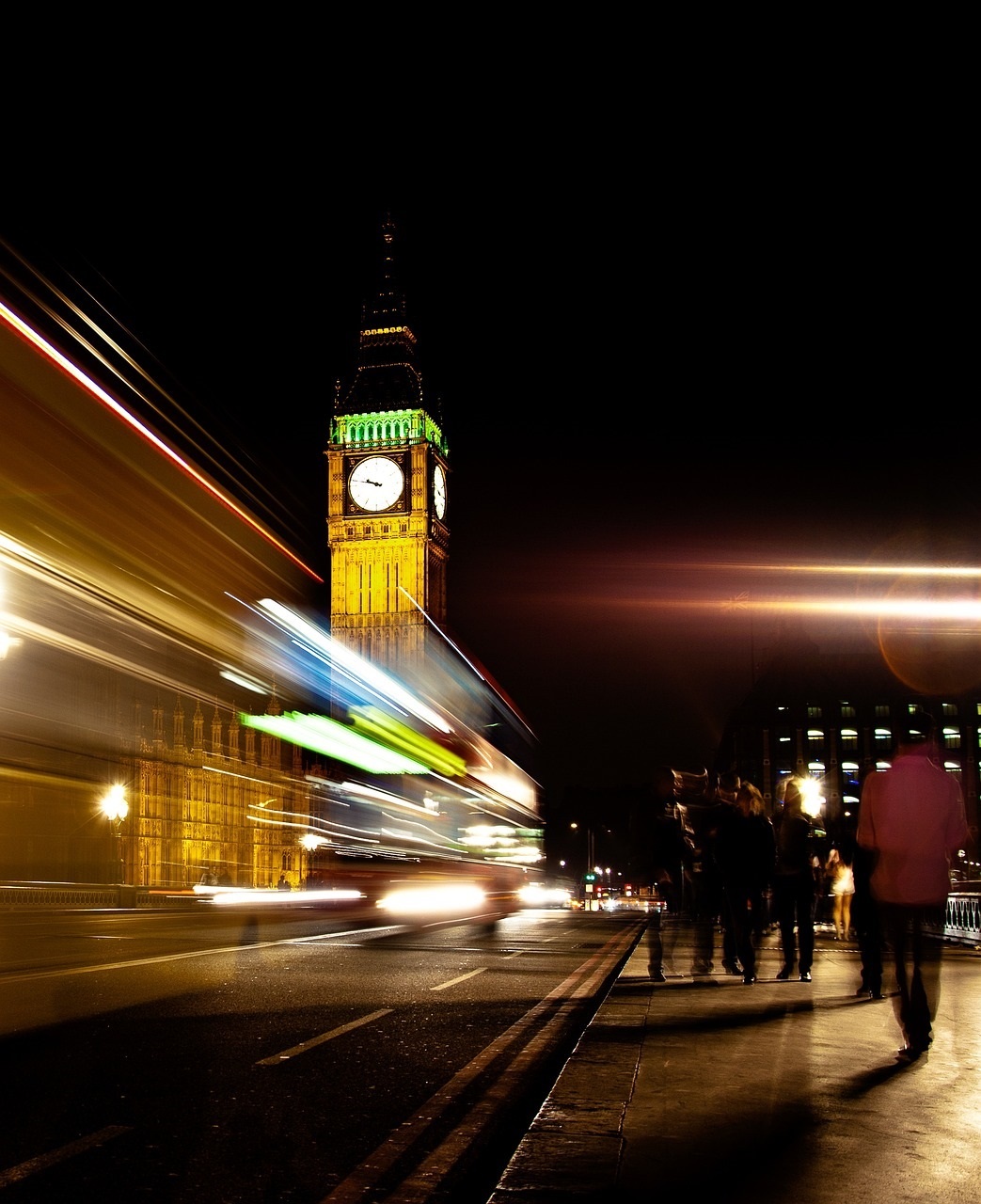
Does PB offer a parallel process beside the electoral one?
Yes, we are trying to build a continuous democracy, not just about putting an X on a ballot paper every 5 years, a new way for citizens to become active.
Anyone who lives, works or plays in an area should be able to play a part even if they are not entitled to vote in the standard representative democracy model. But money equals power in our society and most people want to hold onto power.
That’s human nature. Anything about releasing budget money comes with deep claw marks.
PB puts a focus on issues around power, and we need to disrupt the current model because trust and accountability are so low. We need new mechanisms to make politics happen better. PB is one of these, but it’s not the only game in town.
Some advocates are suggesting a standing Citizen Assembly that balances parliament, and for the House of Lords to be elected by Sortition instead of privilege and political appointments. The Sortition Foundation organizes for citizens assemblies and has bases in the USA, Australia, five European countries and the UK.
Looking long-term, should PB be involved in setting the rates of Council taxes as well as how they are spent?
There is international evidence that in countries where people have experienced PB over five years or more, they are more willing to pay higher taxes because they see that there is a mechanism for spending the money on things they want.
 But the schemes around central government funding of local councils and setting business taxes are a total mess in the UK, and it would be difficult to connect PB to Council Tax rates without serious reform of local government financing.
But the schemes around central government funding of local councils and setting business taxes are a total mess in the UK, and it would be difficult to connect PB to Council Tax rates without serious reform of local government financing.
And even in setting the way that the receipts are spent, most local authorities are lucky if they get more than a few hundred responses to their annual budget consultations, and some politicians will say that just proves that people are happy with what they are getting. But when you have thousands of people in Scotland and other European countries responding to online PB inquiries that is a pool to which you can connect a debate about wider issues of local government spending.
The first thing is to get people motivated around issues that concern them, and if there were more money available it would lead to moves for greater transparency, but it isn’t likely to happen in a short period of time.
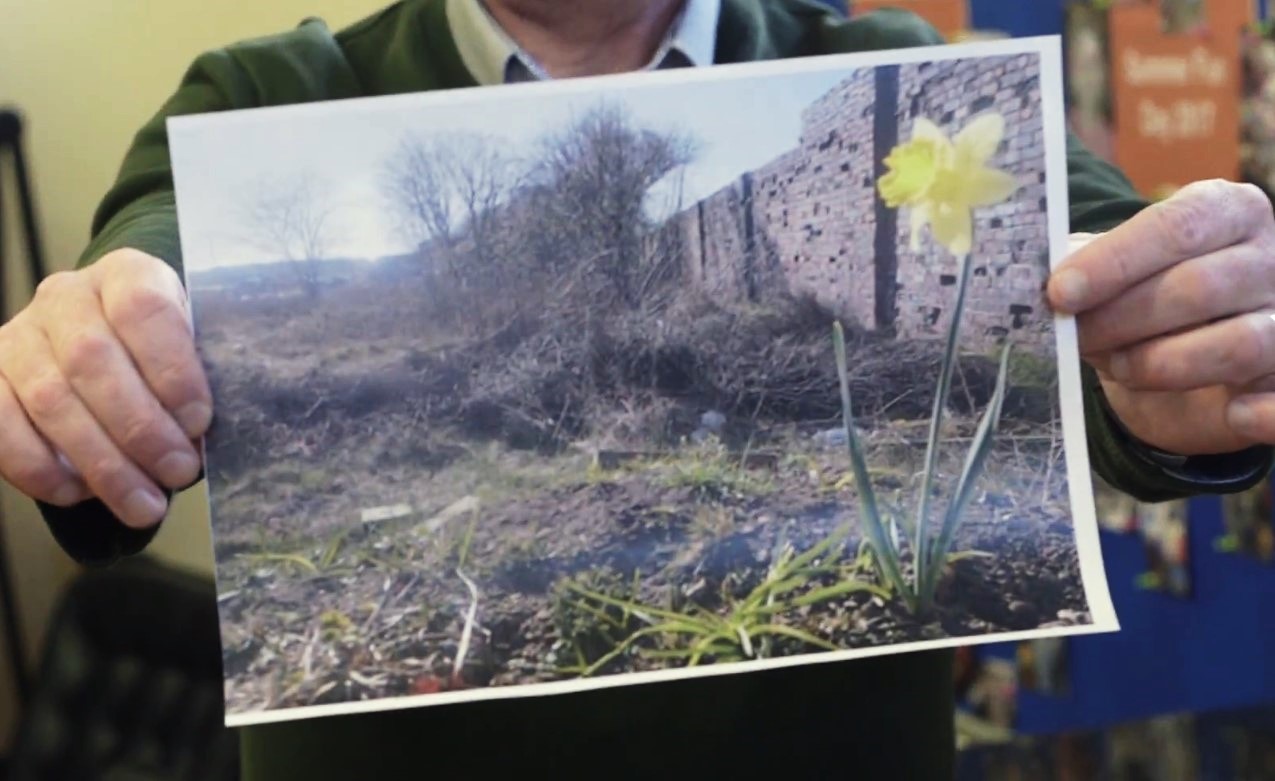 What are your aims for strengthening the PB Network over the next few years?
What are your aims for strengthening the PB Network over the next few years?
There are strong PB networks in Scotland and Northern Ireland but at the moment in England, it is really only a disparate group of individuals rather than a functioning network.
Covid and Brexit and the sense of perpetual crisis in our politics has been a distraction, but the need for change has never been stronger.
So, we want to rebuild the learning community around PB so that people can pick up their practice and not have to look back five years or more for examples of what needs to be done.
You see green issues as important.
PB is often thought of as based around a place, but the learning from Scotland is that it works better thematically, so if you organize around issues such as poverty, mental health, youth or climate change you can move a lot of people in a different way and bring opportunities for funding to go to issues that people are concerned about. As we move into the transition away from carbon there is a great opportunity for PB enabling people to take action on the biggest existential threat that we all face.
 (Samuel Augustine adds that people are feeling so switched-off and apathetic by what’s going on in politics, that being able to do something however small in your local area is very important. And before you know it trees are being planted, lakes are cleaner, rubbish is being cleared.)
(Samuel Augustine adds that people are feeling so switched-off and apathetic by what’s going on in politics, that being able to do something however small in your local area is very important. And before you know it trees are being planted, lakes are cleaner, rubbish is being cleared.)
Think globally, act locally?
Absolutely, because otherwise it is especially the poorest people who will suffer the most, and PB also builds social capital – networks between different groups that other processes don’t, and it’s only by this sense of common purpose that we can achieve a just transition. Someone said that the true benefit of PB is that people feel the power of their own voice, and are not just being passive victims of government, or business or climate change.
They can make their own reality better. That is real democracy flowing upward from the people. The massive psychodrama in Westminster is a distraction from what needs to change.
(Photos supplied by Jezz Hall Jez Hall / PB partners, and Sadia Ur-rehman , Resident Engagement and Participation Manager /Newham)












.jpg)













Who would administrate such a scheme?